A Food and Drug Administration advisory committee’s vote Tuesday to recommend a lower-dose Covid-19 vaccine for emergency use authorization for children ages 5 to 11 means the shot could be available as soon as next week, yet only a minority of parents say they plan to get their children vaccinated.
A Kaiser Family Foundation poll published Thursday found that less than 30 percent of parents of 5- to 11-year-olds plan to get their children vaccinated. Another third of parents reported they plan to wait to see how the vaccine performs outside of clinical trials, and roughly another third do not plan to get their kids vaccinated against Covid at all.
But experts say that vaccinating children is an important step in helping them get back to normal. Still, many acknowledge that the decision for parents may be difficult, given the newness of the vaccine, as well as the illness’s less severe impacts on children compared to older people.
“We know it’s milder, we know [children] navigate it better than certainly older adults,” Dr. Buddy Creech, a pediatric infectious disease expert at the Vanderbilt University Medical Center in Nashville, Tennessee, told NBC News senior medical correspondent Dr. John Torres on Thursday. “But we also recognize that there’s a burden of infection in children. And now we’ve got a tool to prevent it.”
Full coverage of the Covid-19 pandemic
Last week, Pfizer-BioNTech reported that their vaccine was 91 percent effective against symptomatic illness in children ages 5 to11.
“We know the disease is a problem, almost 2 million kids [ages 5 to 11] have been infected … You know who the villain is, so the question is whether the vaccine is the good guy,” said Dr. Paul Offit, director of the Vaccine Education Center at Children’s Hospital of Philadelphia and a member of the FDA’s advisory committee.
He’s confident that the answer to that question is “yes.”
Offit was among the 17 members of the advisory committee who voted in favor of authorizing Pfizer-BioNTech’s vaccine, as was Dr. Amanda Cohn, a chief medical officer at the Centers for Disease Control and Prevention.
While weighing the benefits and risks of the vaccine during the meeting, Cohn acknowledged the challenges.
“When we are talking about children, we both don’t accept deaths and severe outcomes in the same way that we accept to some degree in older age groups, but we also don’t accept risk” associated with a vaccine, she said.
Cases still high among children
National data shows new infections peaked in children in early September and have been declining since. According to the most recent American Academy of Pediatrics report, 118,000 cases in kids were added the week of Oct. 14, which “remains an extremely high number of newly diagnosed children.” Over 1 million pediatric cases have been added over the past six weeks and one-quarter of recent infections have been in children.
While national numbers are trending downward, some states, including Colorado, Michigan and Minnesota, are just now in the midst of a fall peak. Community transmission also remains high in all 50 states.
“Although numbers are going down in many areas — and we’re happy to see that — Covid is not going away. It’s more likely to go on to be one of the viruses that continues to circulate, like the flu,” said Dr. Anna Sick-Samuels, an assistant professor of pediatric infectious diseases at the Johns Hopkins University School of Medicine. She added that the number of children hospitalized is generally proportional to the number of cases in the community.
At Tuesday’s meeting, several committee members emphasized the outsize risks associated with the illness compared to other infectious diseases, highlighting the need for widespread vaccination among kids.
“We vaccinate routinely against a couple of vaccine-preventable diseases for which far fewer deaths and hospitalizations and ICU admissions occur,” Cohn said. “We don’t want children to be dying even if it’s far less children than adults and we don’t want them in the ICU.”
Almost 2,670 kids ages 5 to 17 have been hospitalized due to Covid, according to the CDC, and as of May, Covid is the eighth leading cause of death for kids ages 5 to 11.
Covid is often compared to the flu, but among hospitalized children, it can be more severe.
The median length of stay among children hospitalized with influenza was two days versus three days for children with Covid, and those hospitalized with Covid were more likely to be admitted to the intensive care unit, Dr. Fiona Havers, a medical officer in the division of viral disease at the CDC, said during a presentation to the FDA committee Tuesday. Just like adults, children hospitalized with Covid can require oxygen support and even ventilators.
Download the NBC News app for full coverage of the Covid-19 pandemic
The children who are hospitalized with Covid tend to have underlying conditions, including obesity and diabetes, Sick-Samuels said.
But one complication of Covid appears to buck that trend: MIS-C, or multisystem inflammatory syndrome in children. MIS-C is a rare but life-threatening complication of the illness that causes a hyperactive immune response to attack a child’s body.
More than 5,200 of the 6.2 million U.S. children diagnosed with Covid have developed MIS-C, and the condition was most common among kids ages 6 to 11.
The majority of children who develop MIS-C did not have pre-existing conditions and were healthy.
“In that way it’s random. It can make a previously healthy child extremely ill,” Sick-Samuels said.
The impacts of Covid go beyond the disease. The developmental well-being of kids also needs to be part of the discussion, she said. Vaccinations can help keep kids in school and extracurricular activities that are crucial to their development.
Creech echoed that.
“I think most of us as parents want our kids in school, we don’t want to have to bring them home for quarantine every other week and get constant nasal testing for Covid,” he said. “And so having a preventive strategy for this age group is really important. And we want to do that in a safe way. Of course, we want to do that in an effective way.”
What are the risks of the vaccine?
The FDA’s expert advisers made clear during Tuesday’s meeting that they didn’t take the decision to recommend the Pfizer Covid vaccine for children lightly, and were carefully considering the risks.
The main concern among the FDA advisers was the rare risk of an inflammatory heart condition called myocarditis. It’s been documented as an uncommon side effect in slightly older age groups, particularly males under 30. No cases of myocarditis were seen in Pfizer’s clinical trial among 5- to 11-year-olds, though the FDA said the trial wasn’t large enough to detect very rare side effects..
Offit, of Children’s Hospital of Philadelphia, acknowledged that the risk of myocarditis following vaccination is on many parents’ minds, but said he’s less concerned about the condition in kids who haven’t gone through puberty yet.
“We have this known rare adverse event of myocarditis in older adolescents and teens, which use a different formulation of the vaccine,” he said, referring to the lower dose of the vaccine for younger children. “Myocarditis seems to be less common in the 5- to 11-year-old group, and you’re giving a lower dose of 10 milligrams rather than 30 milligrams.”
Myocarditis can also be caused by Covid itself; A CDC study published in September found that kids under 16 who were infected with Covid were 37 times more likely to develop myocarditis than their uninfected peers. According to Offit, vaccine-induced myocarditis is so different from classical cases that it should be called something else.
“With classical myocarditis, the virus enters the heart cells and destroys it, but that’s not this. It’s clinically very different and much more mild,” he said.
Follow NBC HEALTH on Twitter & Facebook.

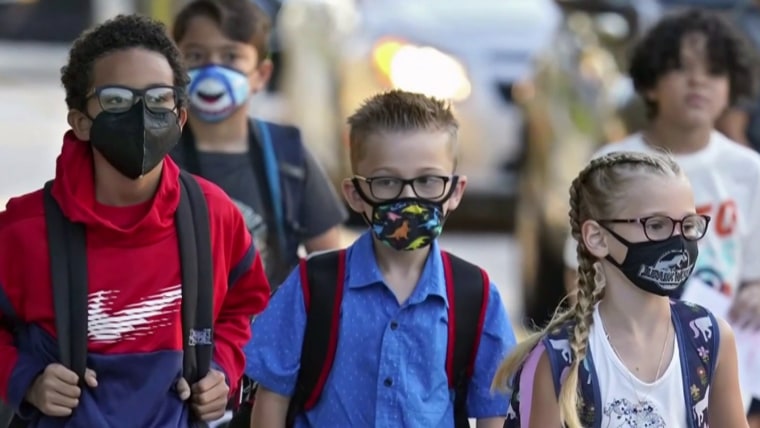
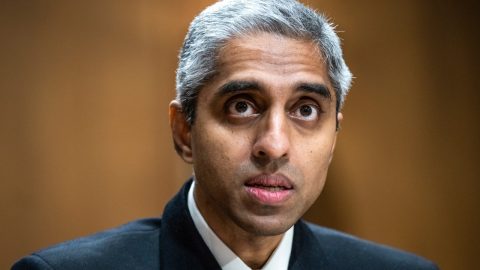
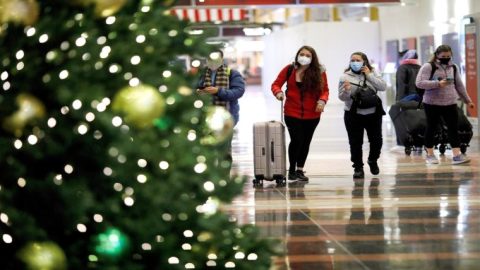
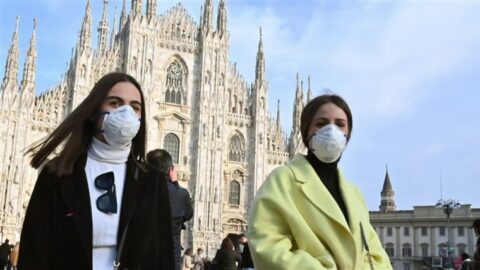
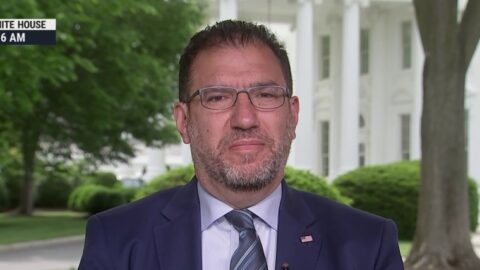
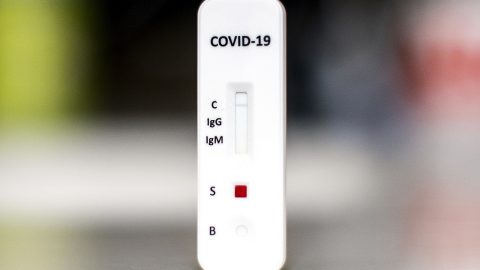
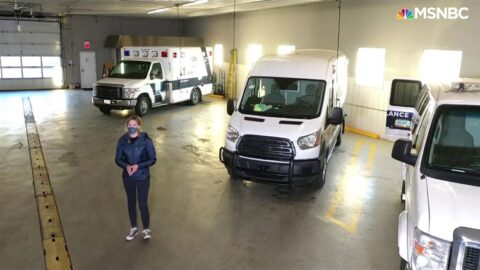

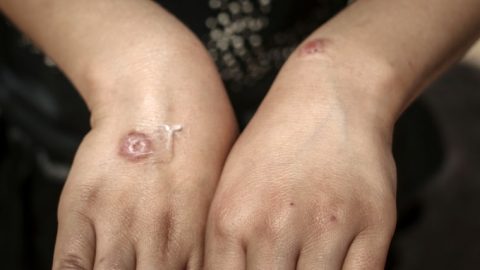
Recent Comments